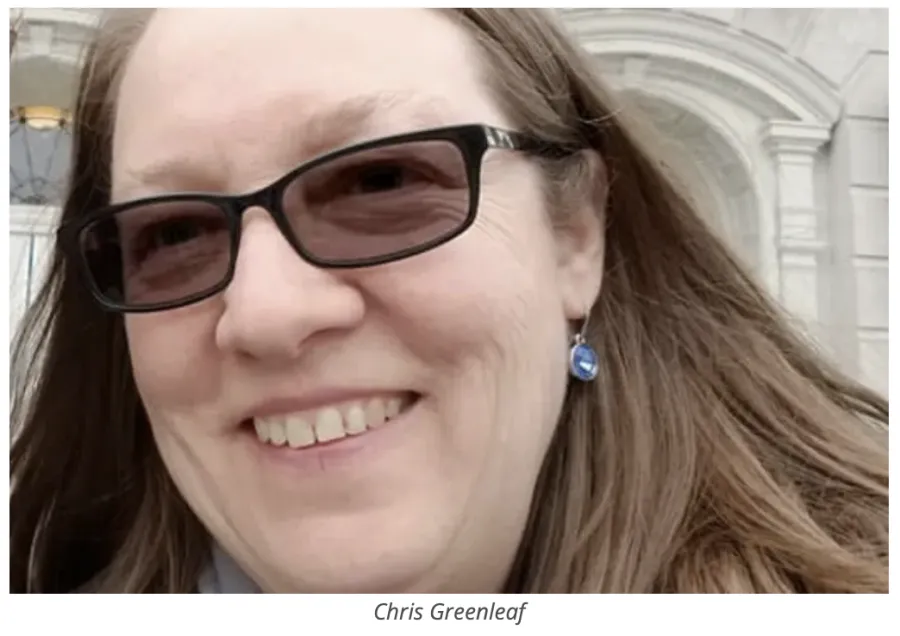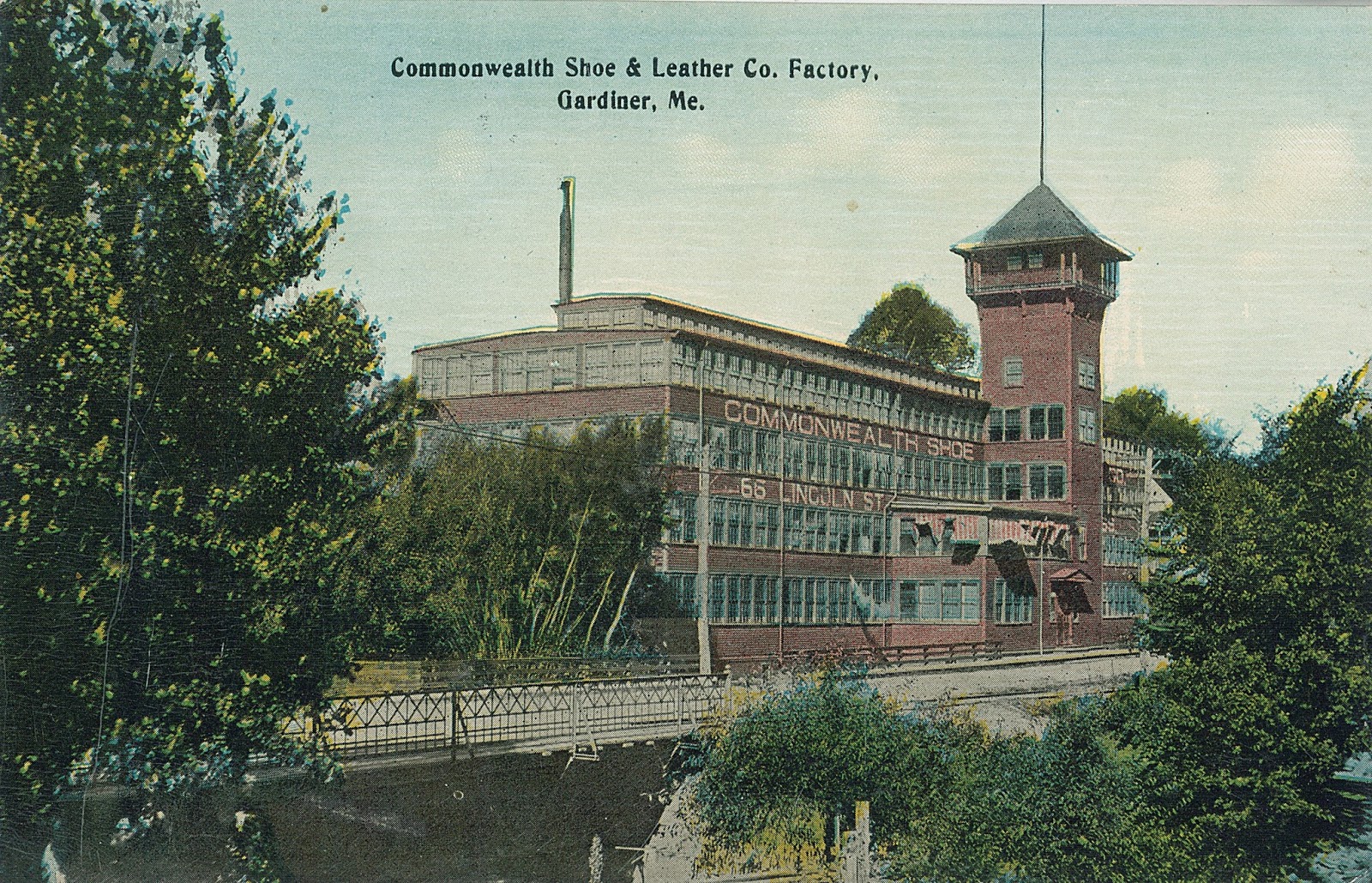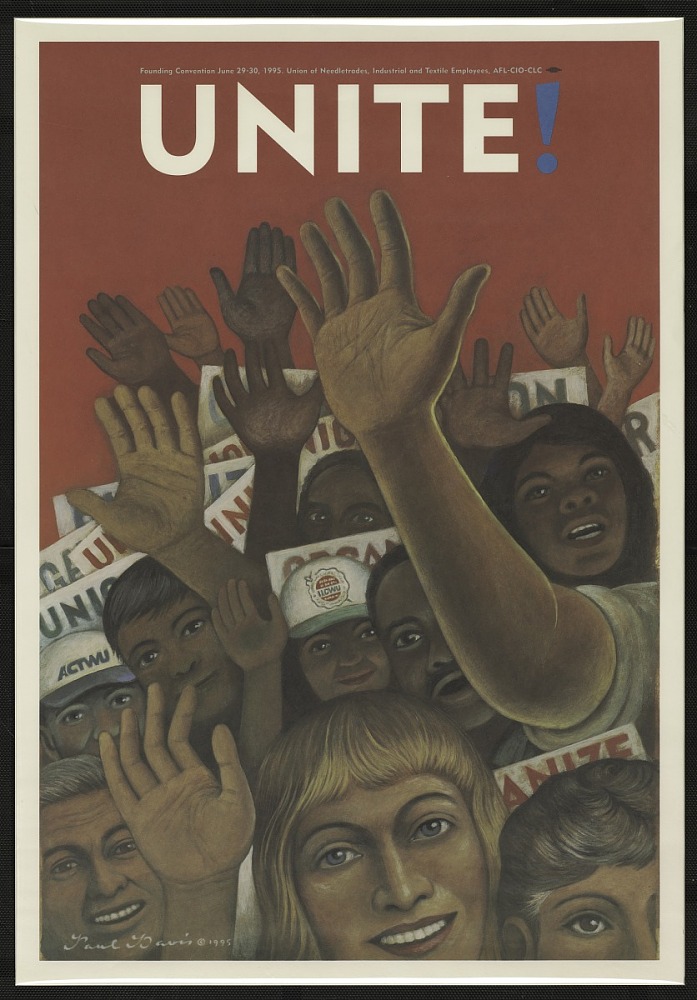ME AFL-CIO Staffer & Former Union Leader Chris Greenleaf Retires

Chris Greenleaf, a longtime rapid response coordinator and office manager at the Maine AFL-CIO, officially retired last week after 45 years in the labor movement. Her career also included working at one factory after another during the era of deindustrialization in the 1970s through the late 1990s. Workers all over Maine have known Chris as a devoted labor leader and a compassionate advocate for laid off workers.
“From her time as a local union steward, in the textile industry, through her tireless work advocating for other dislocated workers, I’ve known Chris to be a true working class hero. She is an inspiration,” said veteran union organizer Mike Cavanaugh, who has known Greenleaf since working for her former union UNITE.
Greenleaf grew up in West Gardiner in a strong union household. Her father was a member of Laborers Local 327 and later went to work as a welder at Bath Iron Works. Her mother was a union worker at the Commonwealth Shoe Company in Gardiner, producing its famous men’s leather Bostonian dress shoes. Greenleaf graduated from high school on a Thursday in 1976 and the next Monday she started working at Commonwealth. She was 17. She once told a reporter that she took the job because she was good with her hands and “there was good money to be made.”

Initially, Greenleaf worked as an inspector because she wasn’t old enough to work on a machine. She would inspect shoes to make sure they didn’t have any defects and then would take the rejects back for someone to fix. As a member of the Amalgamated Clothing and Textile Workers Union (ACTWU), a union formed by a merger of the Textile Workers Union of America and the Amalgamated Clothing Workers of America, Greenleaf learned what it meant to have union power a year into her job.

Back then the minimum wage was $2.30, but shoe workers could earn much more, $26 to $31 per hour when adjusted for inflation in today’s dollars, doing piecework on a machine. Having already turned 18, she knew she was qualified for the job, but when there was an opening on a machine, the company gave the job to a boy with less seniority.
“So I went straight to the shop steward and I said, ‘Why did he get the job over me? I have more seniority because I’ve been here longer,’” Greenleaf recalled. The steward turned to her and said, “Chris, you can’t do that job because you’re a woman. You’re not strong enough.” Greenleaf stared at the steward in disbelief and didn’t say word. She promptly marched right up to the union President Percy Smart.
“I said, ‘Percy, I was told I didn’t get that job because I’m female and I’m not strong enough to do that job. And I just want you to know that am strong enough and I’m going to fight for it,'" she recalled.
Smart immediately made sure the decision was reversed and got her the promotion. However, she didn’t stay at the machine for long because her supervisors recognized her strong work ethic and continued to promote her to better positions in the factory. Then in 1980, Greenleaf was laid off when Commonwealth shuttered the plant due to foreign competition. Maine’s shoe and textile industry had been struggling for decades as these products were being produced with cheaper labor elsewhere — first in the anti-union South, then Europe, Japan and finally poorer countries in Asia and South America. During that time, Greenleaf married her husband David and took a few years off to raise their first daughter before going back to work at the children’s clothing company Healthtex in Gardiner. Then that plant also closed and the jobs went overseas.

US manufacturing was in rapid decline as large international conglomerates swallowed up locally owned factories. Consolidations, increased automation and finally mill closures resulted in thousands of layoffs. From the 1950s to the present, the proportion of Maine workers in manufacturing has plummeted from 43 percent to just 8 percent. As hundreds of thousands of these jobs were lost, unions also consolidated. The United Shoe Workers America, the United Hatters, Cap & Millinery Workers and the International Ladies’ Garment Workers gradually merged with Greenleaf’s union to form the Union of Needletrades, Industrial and Textile Employees (UNITE) in 1995.
By that time, Greenleaf had been working at the Carleton Woolen Mill in Gardiner since 1986.
“We made really fancy, fancy materials,” she recalled. “I was a draw-in girl, which meant that I had to read the patterns and set up the looms and the dressers. It was a cool job and I really loved it but damn, was it killing my shoulders!”
During that time she rose through the ranks to become union president after the previous president was ousted and fired for embezzling union funds. While she didn’t exactly pursue the role, she had earned the love and respect of her coworkers so that as soon as the union held a meeting to appoint an interim president, her colleagues immediately began whispering "Chris Chris Chris!" and she was voted in. She was re-elected again and again.

As president of UNITE Local 2313, Greenleaf focused on building solidarity among her members to fight for a more fair absentee policy and other contract improvements. She encouraged members to attend steward trainings and designated days when everyone would proudly wear their union T-shirts. The local had about a hundred members, but she managed to recruit a quarter of them to turn out to a candle lit vigil in support of laid off workers at the Kimberly Clark paper mill in Waterville.
“It really opened people’s eyes about the closing of all of these mills due to foreign imports and the loss of all of our manufacturing base in our state,” Greenleaf said.
Then one day in 1998, UNITE business agent Wally Szumita walked onto the shop floor and asked Greenleaf to come into a meeting.
“I said ‘Oh shit. What’s this about?’ I had no friggin clue what was going on,” she recalled. “They told us that the mill was closing. I remember the look on our plant manager’s face because I could tell that he just found out himself.”
There had been signs though. The British company that had bought the mill had begun shipping in yarn from Pakistan and Uruguay instead of producing it in-house. Chris immediately sprung into action to help her coworkers make the difficult transition. She became the de-facto, unpaid peer counselor for her members, working with Department of Labor officials and state legislators as part of a Rapid Response team. She fielded numerous calls from workers seeking help searching for jobs, troubleshooting computer problems and making mortgage payments.
“To be honest, we have better luck working with unions than we do with management,” a DOL rapid response official remarked to a reporter at the time.

As victims of foreign competition, her members qualified forFederal Trade Adjustment Act Assistance, which allowed them to receive up to two years of free college while simultaneously receiving unemployment. Many of her members hadn't graduated from high school as they previously could get well-paid union jobs in manufacturing without a lot of education. One of Greenleaf’s primary objectives was to get those members into adult ed GED programs. Some also ended up going to college. When the broader US economy was supposedly booming with the dot com bubble, in 1998 alone, Kennebec County suffered thousands of job losses at Kimberly Clark, Carleton Woolen Mill, Eastland Woolen Mill, Bass Shoe, Guilford Industries more.
“We are running out of places to work,” an exhausted Greenleaf, told the KJ at the time.
One evening she was deeply offended when she heard a TV news reporter refer to her and her coworkers as “manufacturing gypsies” because they had been through so many mill closures.
“I thought what the hell is that all about? I was really offended by it,” said Greenleaf. “But then I realized, it was the truth.”
After conducting an official survey of her members, she learned that 75 percent of them had been through at least one plant closure, half of them had been through two or three and 20 percent had been through at least four closures. When asked what her next step would be, Greenleaf said she was determined to leave manufacturing all together and go to college. At 39, she had already experienced too much pain and heartbreak. She also remembered how her parents struggled with layoffs as a child.
“It was a tough road when were kids, everybody was constantly getting laid off,” she said. "I am determined to break the cycle of going from one factory to another.”
But she had also found her passion helping workers like herself. Not long after than, the Maine AFL-CIO offered her a job as a peer support worker coordinator.
“It took about year after they closed the mill for my shoulders to heal,” she recalled. “I was just lucky that they did because a lot of people had so many repetitive motion illnesses that they didn't recuperate from. They had to have surgery and all of that other stuff."
In the proceeding years, she went from helping shoe and textile workers to assisting thousands of papermakers navigate unemployment. When Greenleaf announced her retirement, union leaders, advocates and labor officials praised her for helping and supporting workers in crisis.
“You’ve been part of a movement that has won fights on the shop floor and in the halls of the legislature,” wrote Christine Hastedt from Maine Equal Justice, an allied group Chris worked closely with. “But what I’ve admired most about you is the care you have taken to make sure that every unemployed worker gets the benefit of those gains when they need it the most, whether it’s unemployment benefits, health care, job training or simply a roof over their heads and food on the table. The difference you’ve made in their lives is incalculable.”
Her kindness, her wonderful sense of humor and her passion will be sorely missed here at the Maine AFL-CIO, but we wish Chris a very long and happy retirement!

